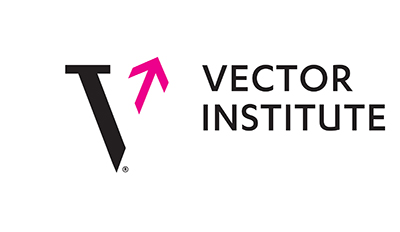The BMO Lab and Vector Institute present ARTificial Intelligence: AI and Creativity with Allison Parrish
When and Where
Speakers
Description
Machines are playing increasingly significant roles in creative activities such as music, architecture, poetry, visual and performing arts, as well as science. This distinguished lecture series will take a look at the evolving and complex relationship between AI and the human creative process. How might AI assist and augment human creativity? How might it enhance our understanding of, and access to, the creative arts? What new questions does this interaction give rise to?
This year’s ARTificial Intelligence lecture will be delivered by Allison Parrish, who is a computer programmer, poet, and educator based in New York City. Her teaching and practice address the unusual phenomena that blossom when language and computers meet, with a focus on artificial intelligence and computational creativity. She is an Assistant Arts Professor at New York University’s Interactive Telecommunications Program, where she earned her master’s degree in 2008.
Named "Best Maker of Poetry Bots" by the Village Voice in 2016, Allison's computer-generated poetry has recently been published in Ninth Letter and Vetch. She is the author of "@Everyword: The Book" (Instar, 2015), which collects the output of her popular long-term automated writing project that tweeted every word in the English language. The word game "Rewordable," designed by Allison in collaboration with Adam Simon and Tim Szetela, was published by Penguin Random House in August 2017 after a successful round of Kickstarter funding. Her first full-length book of computer-generated poetry, "Articulations," was published by Counterpath in 2018.
Visit Allison Parrish's website at decontextualize.com
Lecture Title: Language Models and Poetics
Abstract: A perennial question in the field of artificial intelligence is "Can a computer write poetry?" With the recent arrival of large pre-trained language models such as BERT and GPT-n, it's possible that the answer to this question in the popular imagination might soon be "Yes, of course." In this talk, I work through some of the implications of this emerging consensus in light of the long history of experimental poetics, and my own practice as a computational poet.
This public lecture series is jointly presented by the Vector Institute and the BMO Lab in Creative Research in the Arts, Performance, Emerging Technologies and AI at the University of Toronto.



